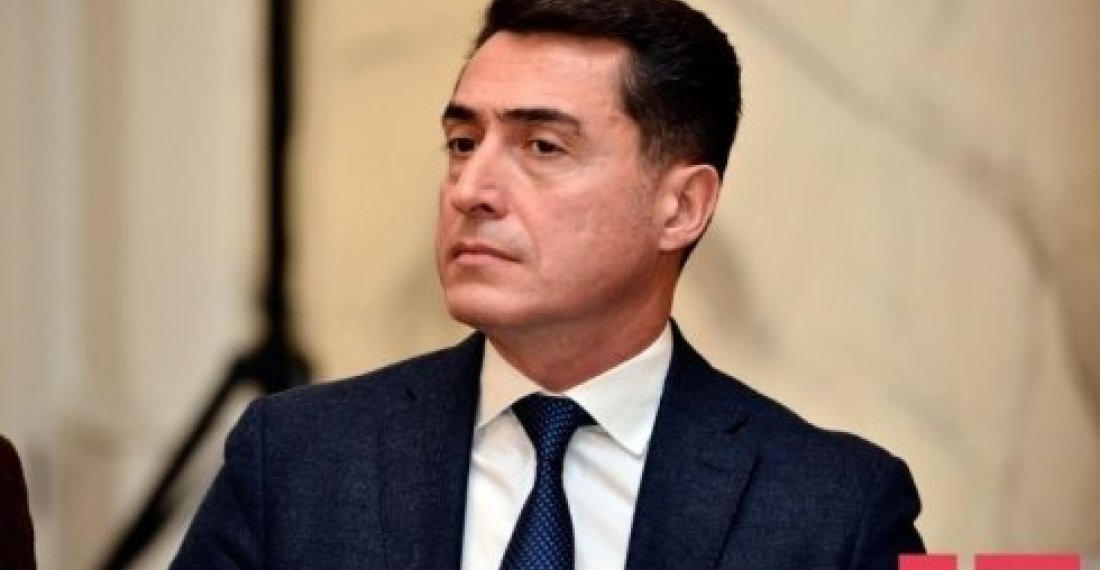Председатель комитета Милли Меджлиса по правовой политике и госстроительству Али Гусейнли рассказал о цели конституционных поправок, которые будут представлены на национальном референдуме 26 сентября. Гусейнли отметил, что дополнения и изменения в конституцию рассчитаны на обеспечение более гибкого управления, как в области исполнительной власти, так и во всех правительственных структурах на современном этапе: "На нынешнем этапе развития изменения и дополнения в конституцию сыграют новую и фундаментальную роль в будущем развитии Азербайджана", - об этом он рассказал в интервью APA.az.
По словам Гусейнли: "В сложившейся обстановке, у Кабинета Министров отсутствуют механизмы оперативной реакции и соответствующие навыки. За прошедшее время мы не замечали, чтобы Кабинет Министров шел во главе реформ. Все инициативы в экономике и других важных сферах исходят от президента, мы видим, что исполнением этих решений занимается администрация президента. Поэтому внесение дополнений и изменений в Конституцию в связи с созданием института вице-президентов с позиции азербайджанской государственности является очень важным шагом, оперативным механизмом".
Гусейнли также затронул вопрос о снятии ограничения в связи с возрастным цензом в структурах власти, дающего право избираться на пост президента и в парламент, заявив, что это прогрессивная реформа. "Отмена возрастного ценза является очень важным этапом конституциональных реформ. Избиратели, желающие видеть у власти какого-либо кандидата, смогут проголосовать за него независимо от его возраста."
источник: commonspace.eu по материалам APA.az
фото: Али Гусейнли, председатель Комитета по правовым вопросам и государственного строительства Парламента Азербайджана (фото из архива).






